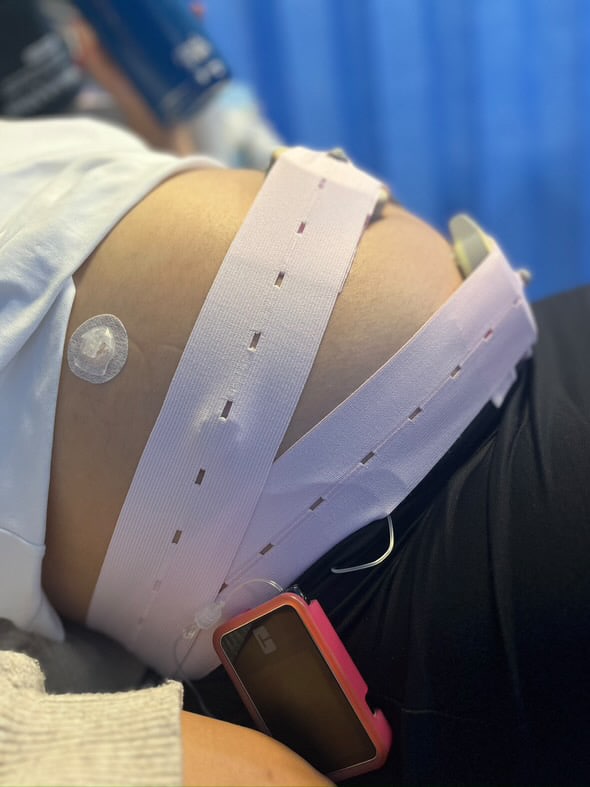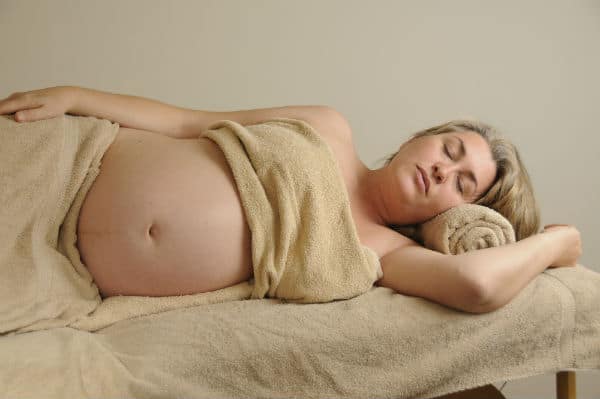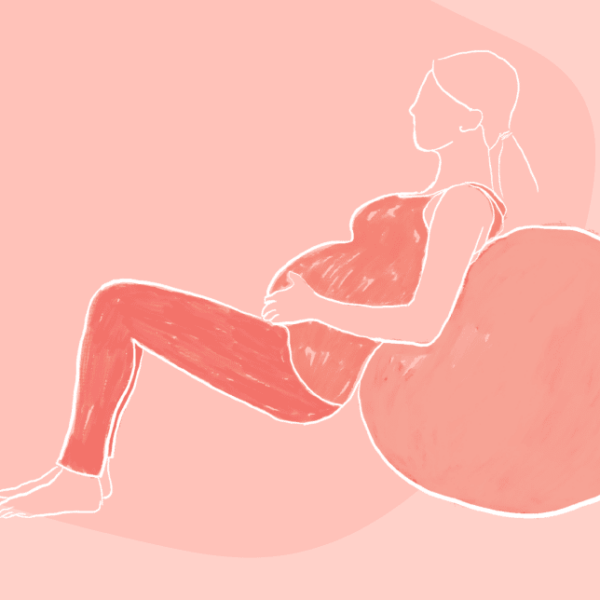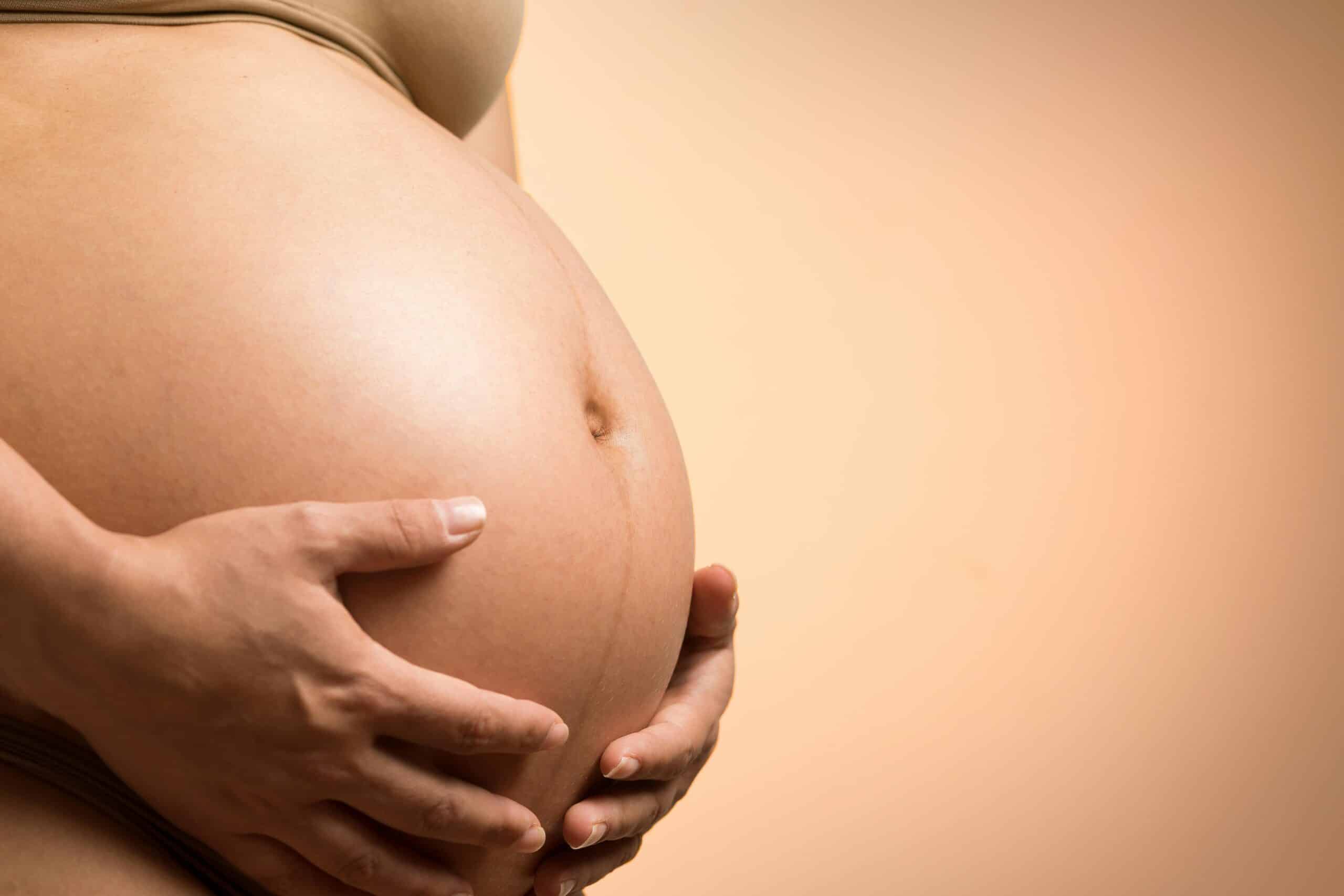Pregnancy What is low PAPP-A?
What is low PAPP-A?

Following your 12 week combined screening test, results may show low PAPP-A. This isn’t uncommon but it’s also not something that’s commonly discussed between friends or in pregnancy forums, hence it can be overwhelming at first.
Pregnancy-Associated Plasma Protein A (PAPP-A) may be associated with the development of pregnancy related complications such as:
- Gestational diabetes
- Preeclampsia
- Intrauterine growth restriction (IUGR)
- Stillbirth after 20 weeks gestation
However, it also may not lead to any complications with your pregnancy. A low PAPP-A result does not mean your baby will be diagnosed with a chromosomal abnormality, either. Most babies born to mothers with low PAPP-A will be born at full term and have a normal birth weight.
What does a low PAPP-A result mean?
PAPP-A is produced by the placenta, hence it is unique to your current pregnancy, not informed by past pregnancies or indicative of future pregnancies. As soon as you conceive your baby, the placenta starts forming. This temporary organ embeds itself into the wall of your uterus and by 12 weeks gestation, it is fully formed and functioning. PAPP-A is a protein made by the placenta that can be detected in your blood.
PAPP-A is measured as part of the 12-week combined screening test. A low PAPP-A level result combined with an unusual level of hCG (the pregnancy hormone) will affect the result of the combined test, increasing the chance of a chromosomal condition. The screening also looks at your baby’s nuchal translucency (a fluid-filled space at the back of the neck) and your age to calculate the risk of your baby having a chromosomal abnormality, including Down’s Syndrome, Edwards syndrome or Patau syndrome. The fact that PAPP-A isn’t available as a separate blood test nods to the fact that it’s not a sensitive indicator of major pregnancy concerns.
The risk of your baby having a chromosomal abnormality can be identified through the combined screening but it cannot be diagnosed. A diagnosis requires further testing through an amniocentesis (the extraction of amniotic fluid from your uterus to test the DNA) which will confirm the presence or absence of a chromosomal abnormality.
Does low PAPP-A cause abnormalities?
No, low PAPP-A doesn’t cause any chromosomal abnormalities but it may affect the functioning of the placenta. Chromosomal abnormalities can affect the formation of the placenta which can affect the way it functions and may mean that it produces less PAPP-A. But also, low PAPP-A can affect the functioning of the placenta without any chromosomal abnormalities being present.
When should you be concerned?
Low PAPP-A can suggest that your placenta is not as big or effective as it should be and therefore may not be functioning optimally. Your baby receives everything it needs from your placenta – oxygen and nourishment – so when it’s compromised, it can affect your baby’s growth and wellbeing, especially as your baby’s needs increase in late pregnancy. It has also been linked to a slightly higher risk of developing preeclampsia which is a pregnancy complication that often requires induction as it can be fatal to both mother and baby.
If low PAPP-A has been detected and is not associated with chromosomal abnormalities, your care provider may suggest extra ultrasounds in the third trimester to monitor blood flow through the umbilical cord, especially if you are showing possible signs of intrauterine growth restriction (IUGR) such as low fundal measurement and reduced foetal movement.
Categories
Related Products
-
The Birth Class
105 reviews$249.00The empowering online childbirth education program that will help you confidently prepare for birth.
Get your copy of our Perineal Massage Guide in your inbox
Keep Reading
We think you might enjoy these articles

Pre-existing Diabetes and Pregnancy: What You Need to Know

Harnessing the Power of Acupressure: A Natural Approach to Preparing for Birth

Thoughtful Christmas Gifts for your Pregnant Friend.

What is Pre-eclampsia?

Non-invasive Prenatal Testing (NIPT)
@AustralianBirthStories
Follow along with us
@AustralianBirthStories
Follow along with us
@AustralianBirthStories
Follow along with us
@AustralianBirthStories
Follow along with us
@AustralianBirthStories
Follow along with us
@AustralianBirthStories
Follow along with us
@AustralianBirthStories
Follow along with us
@AustralianBirthStories
Follow along with us
@AustralianBirthStories
Follow along with us
@AustralianBirthStories
Follow along with us
@AustralianBirthStories
Follow along with us
@AustralianBirthStories
Follow along with us





